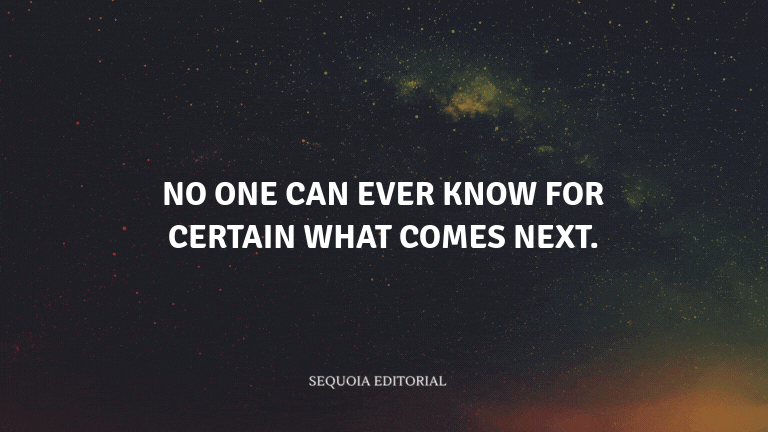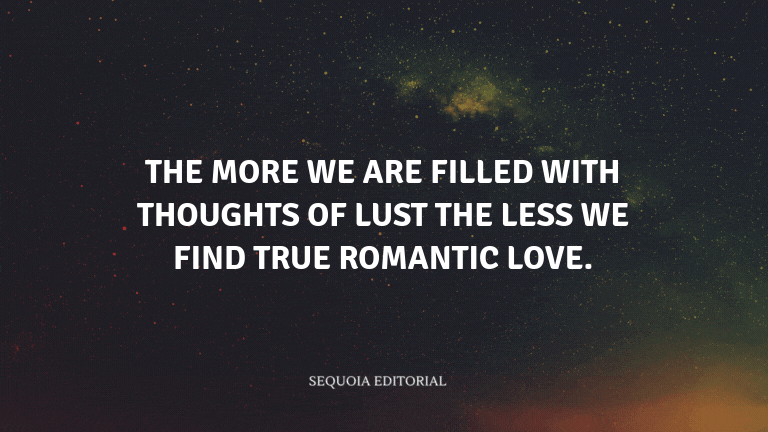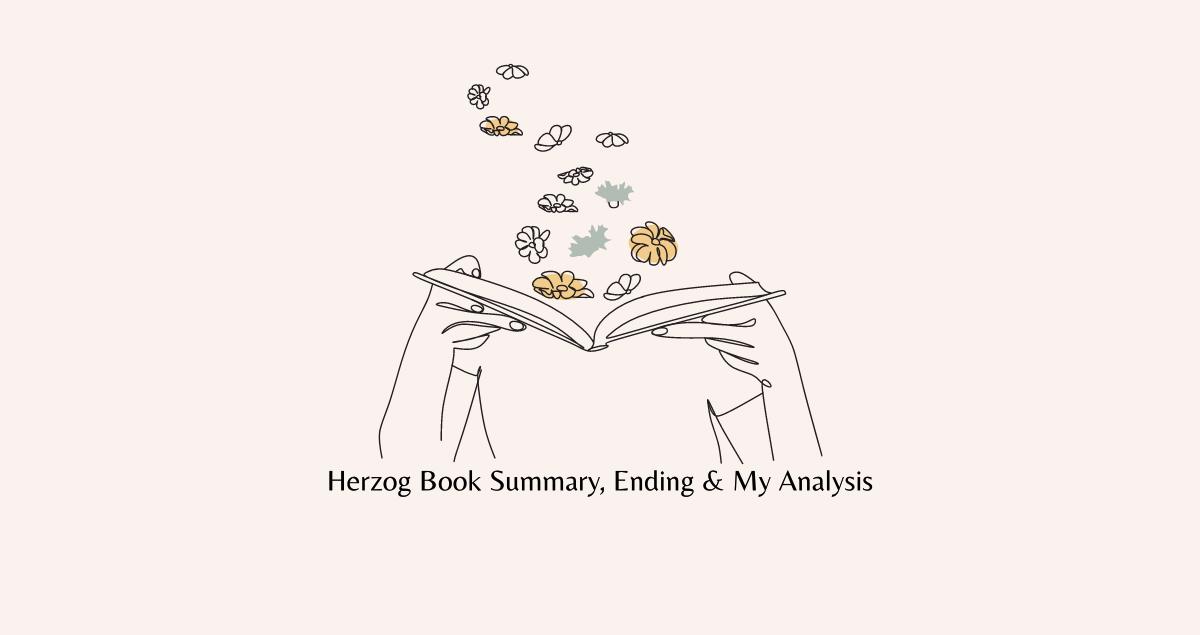Herzog is about Moses Herzog, an intellectual who is going through a tumultuous time in his life. He grapples with a recent divorce, his strained relationship with his daughter, and his overwhelming introspection. Herzog confronts these challenges by reflecting on his past and engaging in a series of frantic and often comedic letter writings to friends, family, and famous figures, as he seeks to make sense of his life and the world around him.
Table of Content
Herzog Book Summary
Moses Herzog, a middle-aged college professor, is reeling from his recent divorce from Madeleine. He is troubled by his ex-wife's infidelity with his best friend, Valentine Gersbach.
Herzog grapples with his own sense of failure, as he reflects on the collapse of his marriage and the estrangement from his daughter, Phoebe.
Seeking solace, he begins to write a series of letters to friends, family members, and historical figures, pouring out his thoughts and emotions in a desperate attempt to make sense of his life.
The letters are both introspective and satirical, reflecting Herzog's complex and often humorous view of the world around him.
Through his letters, Herzog recalls his past relationships with women, his academic career, and his troubled childhood, providing insight into the events that have shaped his current state of mind.
He embarks on a journey to confront his failures and find a new sense of purpose, often through bizarre and comical encounters with the people he encounters.
Herzog's introspection leads him to question the nature of love, the pursuit of happiness, and the role of the intellectual in a rapidly changing world.
He oscillates between moments of despair and clarity, as he grapples with the existential crises that define his life.
As he sends off his letters, Herzog begins to confront his own demons, seeking reconciliation with his past and a path forward to a more stable and fulfilling future.
His journey is one of self-discovery and personal growth, as he comes to terms with his own limitations and the unpredictable nature of human emotion.
In the end, Herzog's frantic letter writing serves as a form of therapy, allowing him to release his pent-up emotions and gain a new perspective on his life and the world around him.
The novel concludes with a sense of renewal for Herzog, as he begins to emerge from his crisis with a newfound sense of purpose and an understanding of the complexities of the human heart.
Herzog Quotes
- No one can ever know for certain what comes next.

- The more we are filled with thoughts of lust the less we find true romantic love.

Herzog Ending Explained
At the end of Herzog, Moses finds a sense of peace and resolution after his tumultuous journey through his own mind and the chaotic world around him.
His introspective letters, which once seemed to be a symptom of his despair, become a tool for his redemption and self-discovery.
Herzog's evolution from a man overwhelmed by his own thoughts to one who can accept and live with his past marks the conclusion of this powerful and thought-provoking story.
Characters in book Herzog
- Moses Herzog: The protagonist, an intelligent and introspective man who is going through a midlife crisis and copes by writing letters to various people.
- Madeleine Herzog: Moses's ex-wife, a beautiful and enigmatic woman who left him for his best friend, Valentine Gersbach.
- Valentine Gersbach: Moses's former friend and now his romantic rival who is a successful writer and academic.
- Junie Gersbach: Valentine's sister, with whom Moses has a brief romantic fling.
- Ramona: Moses's secretary and lover, who is often a source of comfort for him.
- Phoebe: Moses's young daughter, with whom he has a strained relationship after his divorce.
- Lucas Asphalter: A psychologist and friend to whom Moses turns for advice.
- Madeleine's Mother: A woman who disapproves of Moses and Madeleine's marriage.
- Various Recipients of Herzog's Letters: Including friends, philosophers, and political figures who receive his often hysterical and introspective letters.
Key Lessons
- Embrace Change: Change is inevitable, and accepting it is the first step towards personal growth and peace.
- Seek Understanding: Through introspection and seeking to understand oneself, one can find the path to healing and self-acceptance.
- Value Relationships: The quality of our relationships with others plays a significant role in our emotional well-being and can shape our understanding of the world and ourselves.
My Personal Opinion
Is Herzog worth reading? Absolutely yes, I found Saul Bellow's exploration of the human condition to be remarkably profound and thought-provoking.
I was captivated by the rich inner world of Moses Herzog and how his introspective journey resonated with universal themes of love, loss, and the quest for meaning. However, I found the narrative to be slightly slow at times, which may not appeal to readers seeking a fast-paced story.
I would recommend this book to those who are introspective by nature and enjoy delving into the complexities of human emotion and thought. Herzog is a novel that rewards patience and reflection, and it has the potential to deeply impact those who are open to its message.

